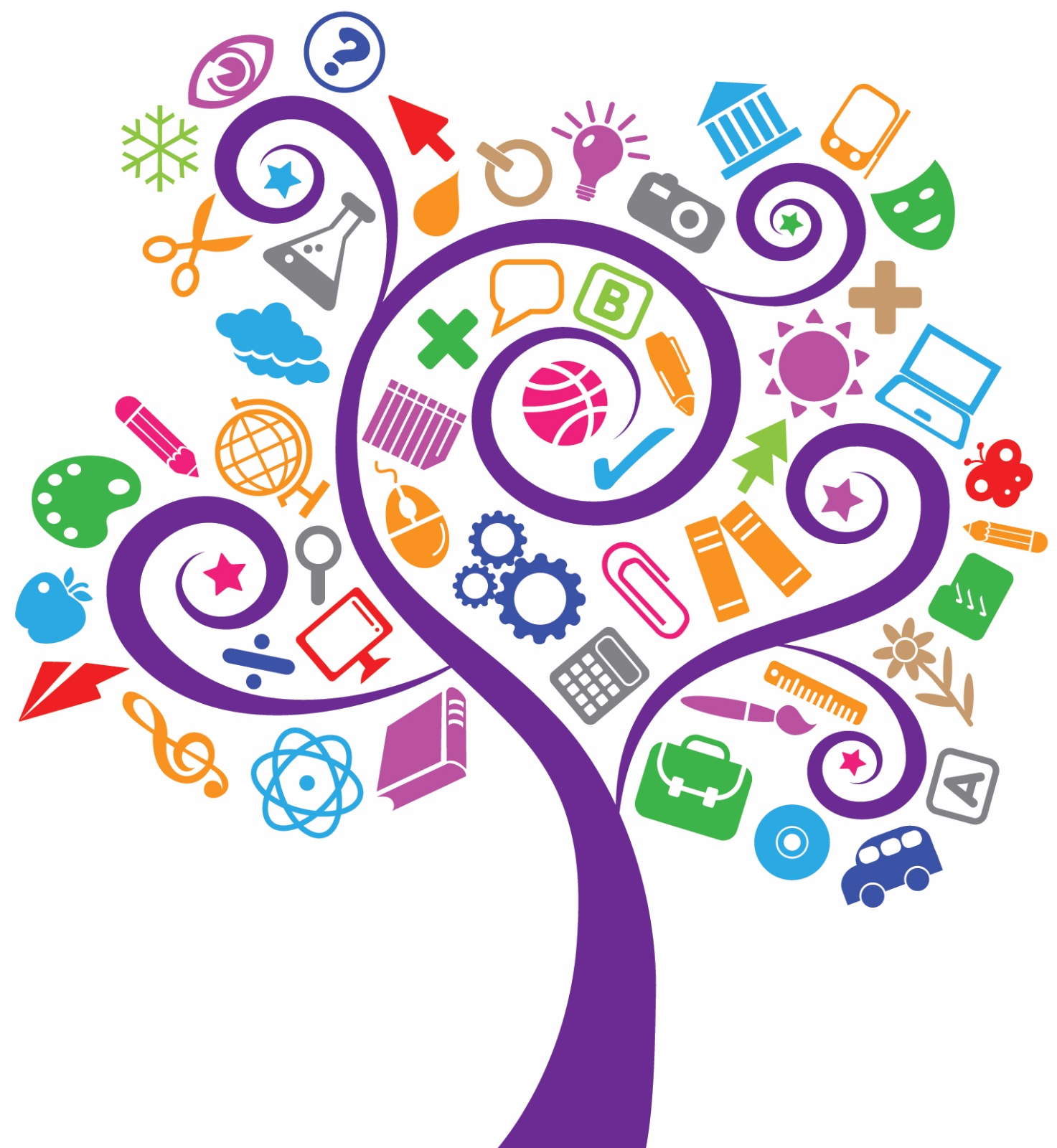EYFS
The Early Years Foundation Stage ( EYFS ) (Required by OFSTED) :
In September 2017 the Government updated the EYFS. Ladybird Nurseries implements the new Curriculum Guidance for the Foundation Stage and The National Standards for Under 8’s Day-care and Childminding.
http://www.foundationyears.org.uk/ Download EYFS Framework 2017
The EYFS principles are placed into four main themes:
• A unique child • Enabling environments
• Positive relationships • Learning and development
These specific areas will ensure that every child will be able to meet the aims of improving their learning outcomes and making sure that it’s every child’s right “to grow up safe, healthy, enjoying and achieving, making a positive contribution and with economic well being”.
At Ladybird Nurseries we will use this curriculum to enable each child to reach their full potential and feel safe and welcome in their environment.
Our Curriculum
Within our nursery the children are supported in developing at their own pace. Our key worker system enables a planned curriculum tailored to the needs of individual children. By means of developmentally appropriate activities and a high level of adult input, we offer a curriculum which leads to the nationally approved learning outcomes and prepares children to progress with confidence to the national curriculum at five years.
** Communication and Language**
In both small and large groups, children are encouraged to extend their vocabulary and fluency by talking and listening and by hearing and responding to stories, songs and rhymes. Children are helped to understand that written symbols carry meaning, to be aware of the purposes of writing and when they are ready to use drawn and written symbols for themselves. A well stocked book corner gives every child the opportunity and encouragement to become familiar with books, to handle them with care and be aware of their uses, both for reference and as a source of stories and pictures.
Personal, Social and Emotional Development
With a nurturing environment, children are individually supported in developing confidence, autonomy and self-respect. They are encouraged to work and concentrate independently and also take part in the life of the group, sharing and co-operating with other children and adults. Through activities, conversation and practical example, they learn acceptable ways to express their own feelings and to have respect for the feelings of others. All children are given the opportunity, as appropriate, to take responsibility for themselves and also for the group, its members and its properties.
Mathematics
By means of adult-supported practical experience, children become familiar with sorting, matching, ordering, sequencing and counting activities which form the basis of early mathematics. As they use their developing mathematical understanding to solve practical problems, children are assisted to learn and use the vocabulary of mathematics, identifying objects by shape, position, size, volume and number. Songs, games and picture books help children to become aware of number sequences and when ready to use, simple mathematical operations such as adding.
Understanding the World
A safe and stimulating environment allows children to explore and experiment with a range of manufactured materials. They learn to observe the features of objects and substances, recognising differences in patterns and similarities and share and record their findings. Children are assisted in exploring and understanding their environment, both within the group and within the wider community. A range of safe and well maintained equipment enables children to extend their technological understanding, using simple tools and techniques as appropriate to achieve their intentions and to solve problems.
Physical Development
A range of equipment and opportunities, both indoors and outdoors, allows children to develop confidence and enjoyment in the use and development of their own bodily skills. A very high level of adult supervision enables children safely to create and meet physical challenges, developing increasing skills and control in movement, climbing and balancing. At the same time the children are supported in the development of fine motor skills required to use tools, including pens and pencils and to handle small objects with increasing control and precision.
Expresive Art and Design
Children are encouraged to use a wide range of resources in order to express their own ideas and feelings and to construct their individual response to experience in two and three dimensions. Art equipment, including paint, glue, crayons and pencils as well as natural and discarded resources, provides for open-ended exploration of colour, shape and texture and the development of skills in drawing, painting and collage. Children join in with and respond to music and stories and there are many opportunities for imaginative role play, both individually and as part of a group.

